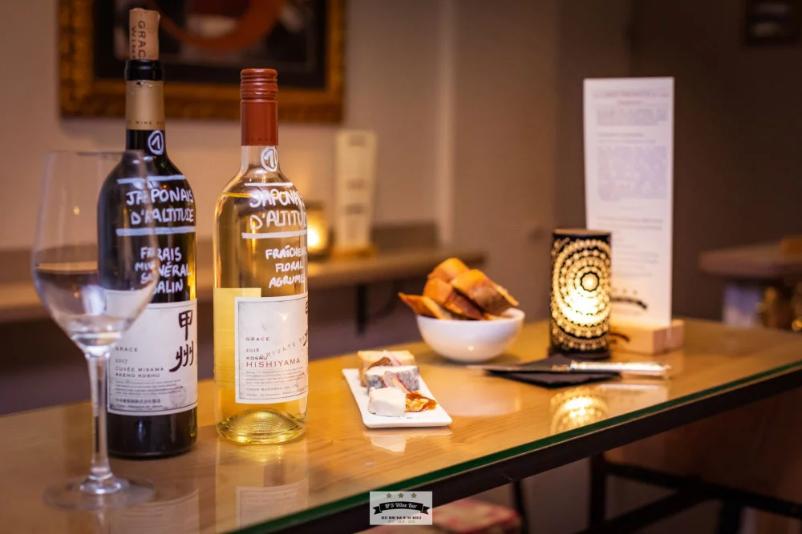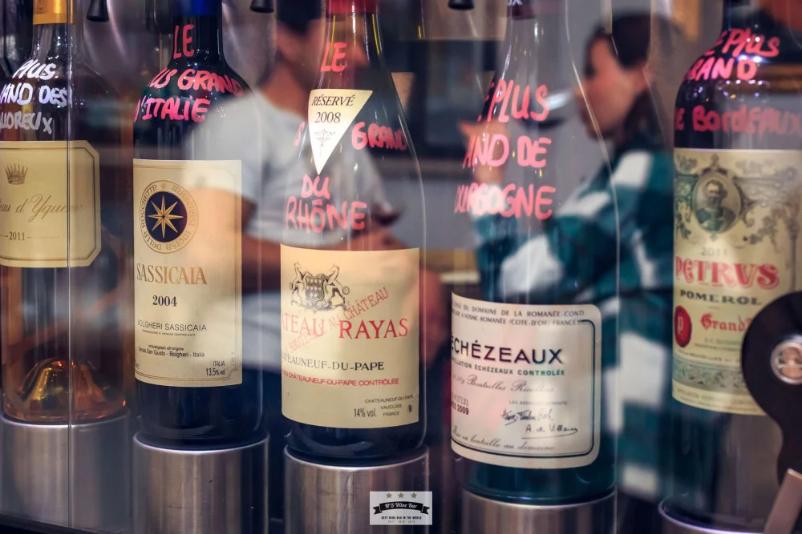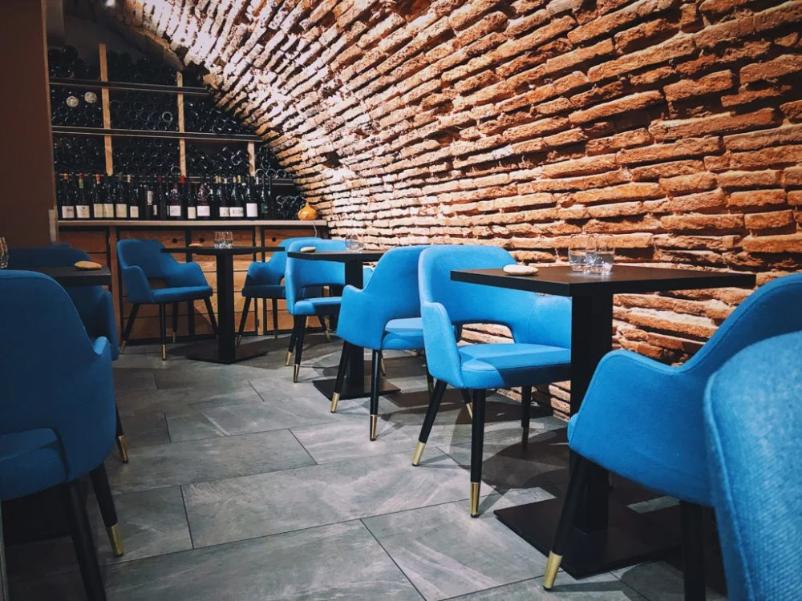In our first two articles we explored the rise of urban wine tourism and how wine bars can increase value by turning a glass into an experience.
But why should every wine bar seriously consider this opportunity? The answer lies in new customer behaviors, higher margins, and the chance to stand out in a crowded market.
Traditionally, wine tourism has been associated with visiting wineries in the countryside. That remains a strong model, but it excludes a huge portion of potential consumers: those who live in cities or travelers who want wine experiences without leaving the urban environment.
Wine bars are perfectly placed to capture this demand. They already have the wine, the knowledge, and the setting. What they need is to frame their offer in a way that speaks to both locals and travelers
Here are five concrete reasons why wine tourism is not just for wineries, but also for wine bars in the heart of our cities.
1. Increase Average Spend
A single glass generates limited revenue. A guided tasting, even a simple one, has a much higher perceived value. Guests are willing to spend two or three times more for a curated experience than for an individual drink.
2. Fill Quiet Hours
Wine bars may face slow periods in the afternoon or on weekdays. These are exactly the times when tourists are free and looking for things to do. Offering an experience during these slots turns downtime into steady income, without adding stress to peak hours like aperitivo or weekends.
3. Secure Pre-Paid Bookings
One of the main frustrations of running a bar is uncertainty: will the table fill, will the guests show up? With wine experiences on Winedering, all bookings are pre-paid. Even if a guest does not arrive, the revenue is guaranteed. And because guests book knowing exactly what they will experience, expectations are aligned from the start.
4. Gain National and International Visibility
Winedering is an international platform with thousands of travelers searching for authentic wine experiences every month. By joining, a wine bar in Rome, Milan, or any other city is instantly visible to a global audience. This visibility would be costly and time-consuming to achieve alone.
5. Zero Fixed Costs
Unlike advertising campaigns or traditional distribution, listing on Winedering is free. Wine bars maintain full control of pricing, scheduling, and availability. There are no hidden entrance fees or commitments — Winedering only benefits when you receive and complete bookings..
The Role of Winedering
Wine bars don’t need to reinvent their business model to embrace wine tourism. What they need is a reliable channel that brings the right customers, at the right time, with zero risk.
This is the role of Winedering: to connect curious travelers with local wine venues, ensuring that wine bars can capture new demand without upfront investment. By combining international visibility with a pre-paid booking system, Winedering makes urban wine tourism both profitable and easy to manage.
Conclusion
Wine tourism is no longer limited to vineyards. Wine bars are stepping into the spotlight as cultural and social spaces for both locals and international visitors.
The opportunity is clear: higher revenue, fuller schedules, guaranteed bookings, broader visibility, and no fixed costs.
This is the right moment to act. Sign up free on Winedering today and become part of the future of urban wine tourism.
Ready to get started?
Sign up now and start selling your wine experiences at your wine bar


